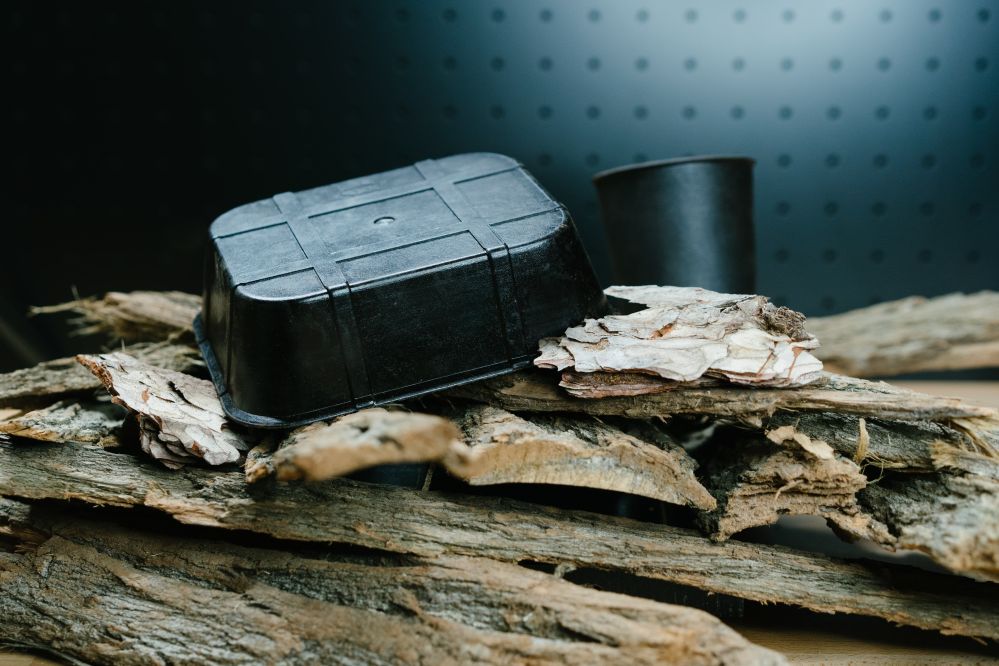Sustainable packaging startup Bpacks unveils bioplastics from bark: ‘It’s a massively underutilized natural resource’

🌈 Abstract
The article discusses a sustainable packaging startup called Bpacks that has developed the world's first bark-based biodegradable bioplastics to replace petroleum-based rigid plastics used for various products. The company combines bark from timber production, used coffee grounds, and other bio-based materials to create sheets and granules/pellets that can be used by packaging manufacturers.
🙋 Q&A
[01] Bpacks' Biodegradable Bioplastics
1. What are the key features of Bpacks' biodegradable bioplastics?
- The bioplastics are 100% home-compostable and can fully decompose in moist soil within 1-2 months.
- The production process does not involve solvents and can be integrated with existing plastic production equipment, eliminating the need for plastic factories to purchase new equipment.
- Up to 75% of the materials used are sourced from production waste such as bark and used coffee grounds.
2. How do Bpacks' bioplastics compare to other biodegradable bioplastics in the market?
- Traditional biodegradable bioplastics often struggle to compete with plastic counterparts in terms of pricing and integration complexity.
- Bpacks' bioplastics can be manufactured using existing plastic production equipment, making it easier for companies to adopt.
- Other biodegradable bioplastics like PLA, PBAT, and PHAs are available, but in very low amounts compared to the rigid packaging industry.
3. What are the advantages of using bark as a raw material for bioplastics?
- Bark is a massively underutilized natural resource, and most of it ends up as waste.
- Bark has interesting properties like antimicrobial, antioxidant, and anti-inflammatory properties, although extracting these typically requires high amounts of harmful chemicals.
- Using bark as a raw material makes the bioplastics almost free, as it is a waste product from timber production.
[02] Bpacks' Business Model and Partnerships
1. How does Bpacks plan to scale and commercialize its technology?
- Bpacks has a small-scale lab but can also license its technology to plastic packaging companies, allowing them to use existing production equipment to manufacture the bioplastic granules.
- The company has been funded by the founders' capital and a small group of private investors so far.
2. What are the potential applications and benefits of Bpacks' packaging?
- The packaging is ideal for fruits, vegetables, and meats, as it can extend shelf-life due to its antimicrobial properties.
- Bpacks is currently validating the shelf-life extension claims through testing at independent third-party labs.
- The company aims to be competitive with petroleum-based products in terms of pricing.
3. What is the current state and future outlook of the bioplastics market?
- Bioplastics currently make up less than 1% of the global plastics market, but are expected to grow significantly in the coming years as companies face pressure to reduce their carbon footprint and meet legislative requirements.
- The global bioplastics market size was estimated at $11.2 billion in 2021 and is projected to reach $46.1 billion by 2030.